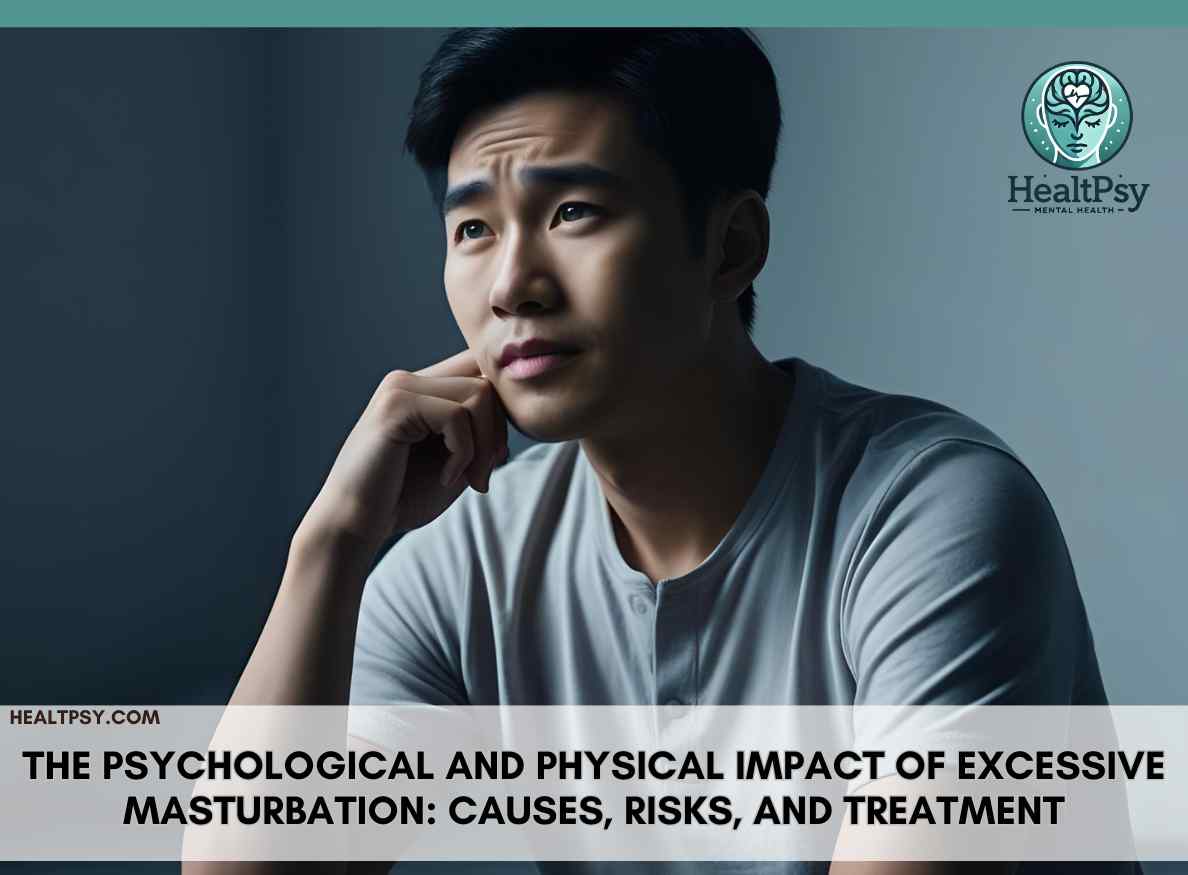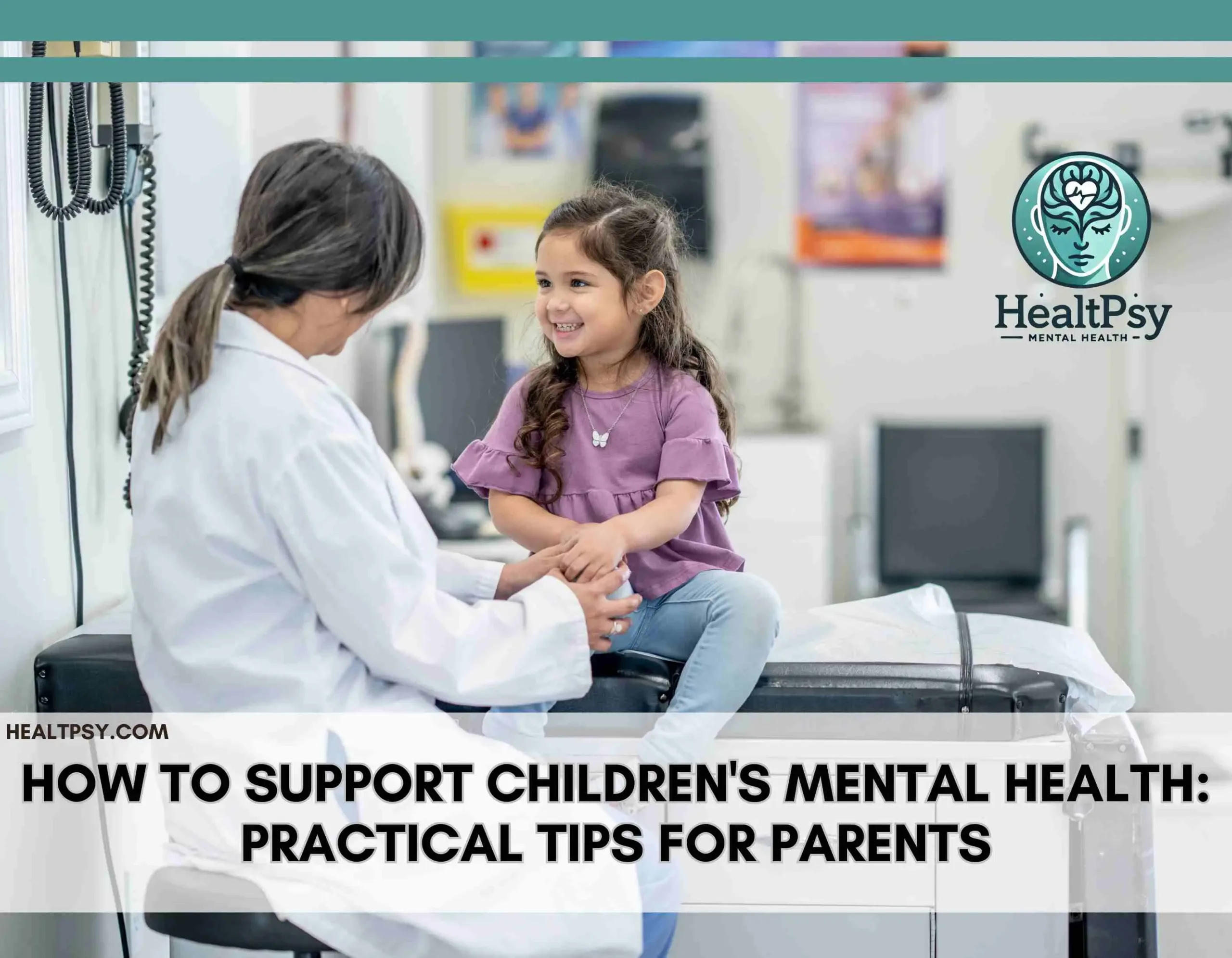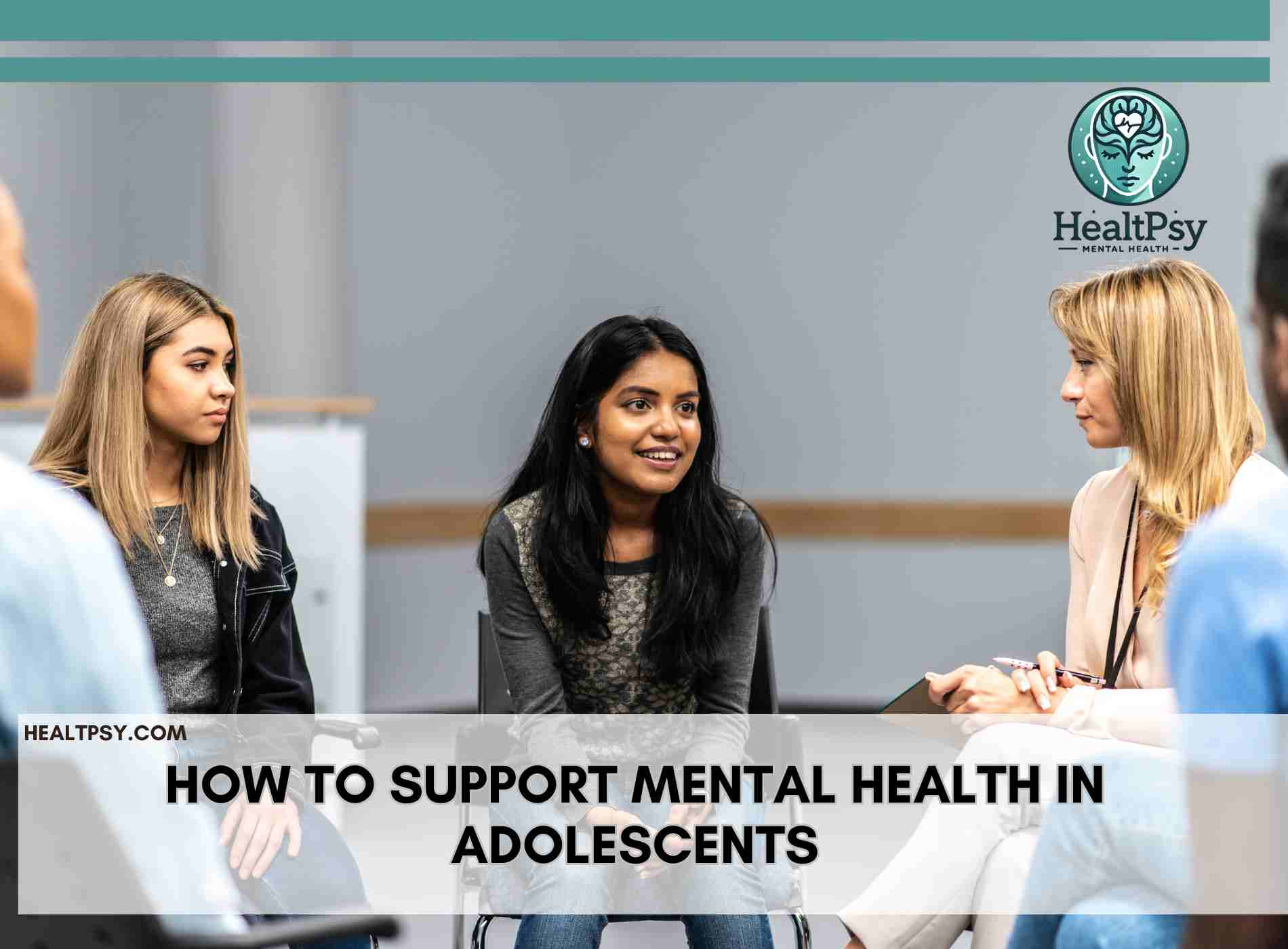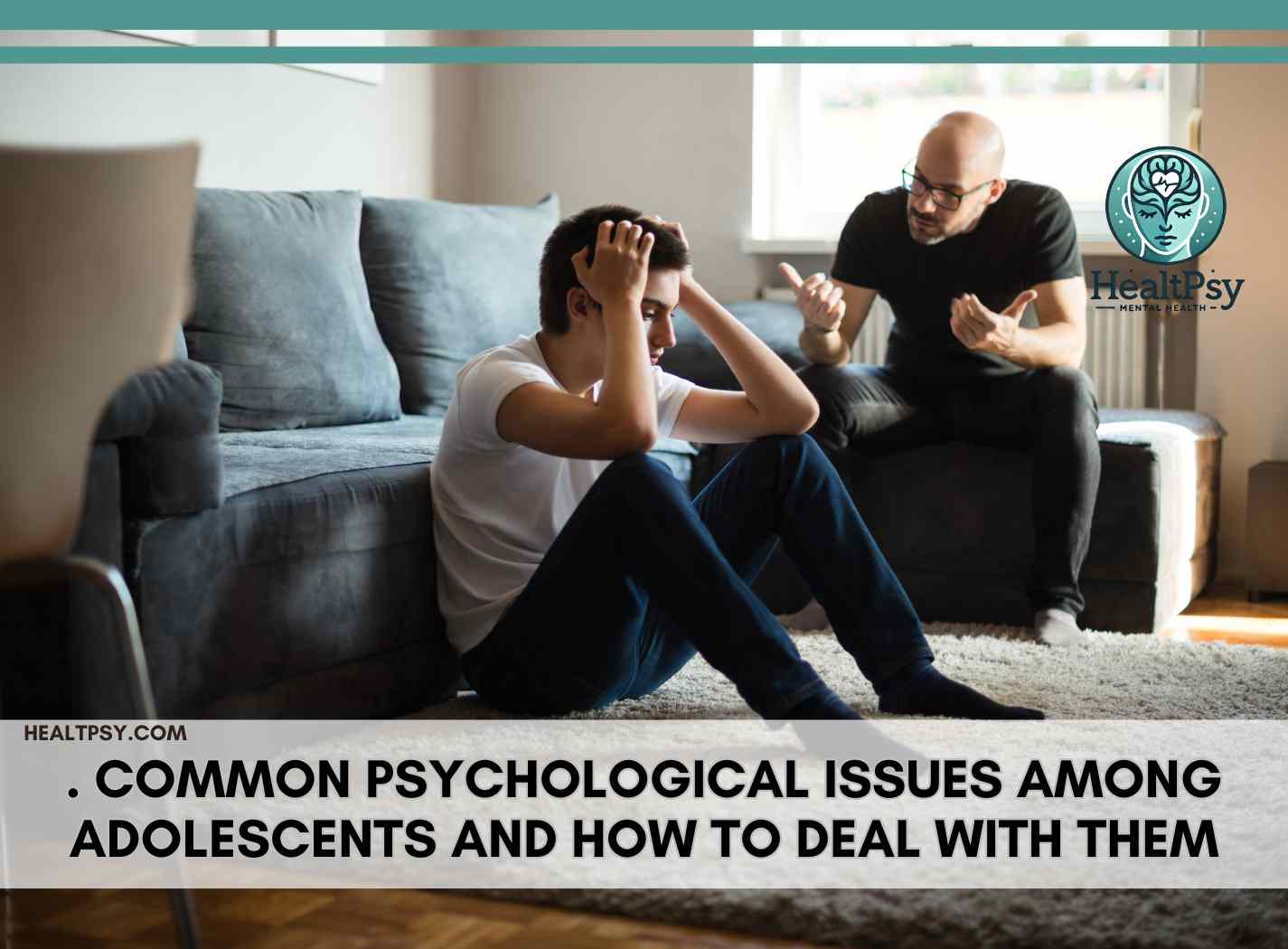7 Powerful Ways to Overcome Excessive Masturbation and Regain Control
Introduction
Masturbation is a natural and common behavior practiced by both men and women. While it is often considered a normal part of sexual health, excessive masturbation can lead to physical, emotional, and psychological concerns. Some individuals may experience feelings of guilt, social withdrawal, or even signs of addiction, which may contribute to mental health conditions such as anxiety or depression.
In this article, we will explore:
✅ The potential harms of excessive masturbation.
✅ The psychological and social factors behind compulsive behavior.
✅ The link between masturbation and depression.
✅ Effective strategies for managing and overcoming addiction.
📌 For more insights on mental well-being, visit our section on Psychological Support and Therapy.
Understanding Masturbation: A Natural Practice or a Harmful Habit?
Masturbation is the act of stimulating one’s own genitalia to achieve sexual pleasure. While it is widely regarded as a normal part of human sexuality, excessive engagement can lead to adverse physical, emotional, and psychological effects.
Is Masturbation Harmful?
Moderate masturbation does not pose a health risk and can offer benefits such as stress relief, improved sleep, and a better understanding of one’s own body. However, when it becomes compulsive or interferes with daily life, it may signal a deeper psychological concern.
📌 For more on self-regulation and emotional health, explore The Importance of Self-Care in Preventing Psychological Issues.
The Negative Effects of Excessive Masturbation
While occasional masturbation is not harmful, excessive or compulsive masturbation can lead to various physical, emotional, and social issues.
1. Physical Side Effects
✔ Genital irritation and soreness – Repeated friction can cause skin sensitivity and discomfort.
✔ Chronic fatigue and energy depletion – Overstimulation can lead to mental and physical exhaustion.
✔ Sexual dysfunction risks – Habitual overuse may contribute to delayed ejaculation, erectile dysfunction, or reduced sensitivity.
2. Psychological and Emotional Impact
✔ Guilt and shame – Cultural or personal beliefs may create a sense of moral conflict.
✔ Increased stress and anxiety – Some individuals experience distress over their inability to control the habit.
✔ Low self-esteem – Feelings of self-worth may decline due to perceived lack of control.
3. Social and Relationship Consequences
✔ Isolation from friends and family – Excessive masturbation may lead to avoiding social interactions.
✔ Difficulty forming romantic relationships – Some individuals may struggle with intimacy or connection.
✔ Lower sexual satisfaction in real-life relationships – Increased dependency on solo gratification may impact future romantic relationships.
📌 For insights on mental health disorders, check out How to Recognize the Symptoms of Psychological Disorders.
What Causes Compulsive Masturbation?
Several factors may contribute to excessive engagement in masturbation, including:
1. Stress and Anxiety
Many people use masturbation as a coping mechanism to escape stress, depression, or personal struggles.
2. Easy Access to Adult Content
The widespread availability of pornography and explicit content has increased problematic sexual behaviors among individuals.
3. Psychological Disorders and Trauma
✔ Past abuse or unresolved trauma may contribute to compulsive sexual behaviors.
✔ Individuals with depression, anxiety, or obsessive-compulsive disorder (OCD) are at higher risk.
4. Boredom and Lack of Purpose
✔ Lack of engagement in productive activities or meaningful relationships can push individuals towards compulsive behaviors.
📌 For more on managing stress and anxiety, explore Deep Breathing and Meditation Techniques to Relieve Stress.
The Link Between Excessive Masturbation and Depression
There is no direct scientific link between masturbation and depression, but certain individuals experience emotional distress related to their habits.
How Does Masturbation Contribute to Emotional Distress?
✔ Feelings of guilt and shame after excessive indulgence.
✔ Increased isolation due to embarrassment or secrecy.
✔ Dopamine desensitization, leading to a reduced ability to experience pleasure from everyday activities.
📌 For more on the connection between mental health and habits, explore Managing Depression: Symptoms, Causes, and Treatment Methods.
How to Overcome Compulsive Masturbation: 7 Practical Strategies
1. Self-Awareness and Tracking the Behavior
✔ Keep a journal to identify triggers and patterns.
✔ Recognize situations that lead to compulsive behavior.
2. Reduce Triggers and Limit Exposure
✔ Minimize exposure to explicit content.
✔ Use website blockers if necessary to reduce temptation.
3. Engage in Alternative Activities
✔ Replace the habit with physical activities, such as jogging or weightlifting.
✔ Practice creative hobbies, like painting, playing music, or writing.
4. Implement Stress Management Techniques
✔ Practice mindfulness meditation and deep breathing exercises.
✔ Try yoga or progressive muscle relaxation to calm the mind.
📌 For more self-improvement methods, check out The Role of Exercise in Mental Health.
5. Improve Sleep Habits and Daily Routine
✔ Establish a consistent sleep schedule to prevent nighttime temptations.
✔ Avoid excessive screen time before bed to reduce triggers.
6. Seek Professional Help When Needed
✔ Therapists specializing in compulsive behaviors can help address underlying issues.
✔ Cognitive-behavioral therapy (CBT) is an effective method for breaking unhealthy cycles.
📌 For professional guidance, visit Psychological Support and Therapy.
7. Build Stronger Social Connections
✔ Surround yourself with supportive friends and family.
✔ Join self-improvement groups or communities to share experiences.
📌 For social well-being tips, check out The Importance of Social Support in Preventing Psychological Disorders.
Conclusion
Masturbation is a natural part of human sexuality, but when it becomes excessive, it may negatively impact physical health, emotional well-being, and social relationships. Understanding the root causes, recognizing the potential risks, and implementing effective self-control strategies can help maintain a healthy balance.
📌 For additional mental health resources, visit Psychological Support and Therapy.
Tags: Excessive Masturbation, Overcoming Excessive Masturbation, Excessive Masturbation Effects, Excessive Masturbation Treatment, Excessive Masturbation and Mental Health, Excessive Masturbation Recovery, Excessive Masturbation Psychology, Managing Excessive Masturbation, Excessive Masturbation Solutions, Stop Excessive Masturbation.
you might also like





